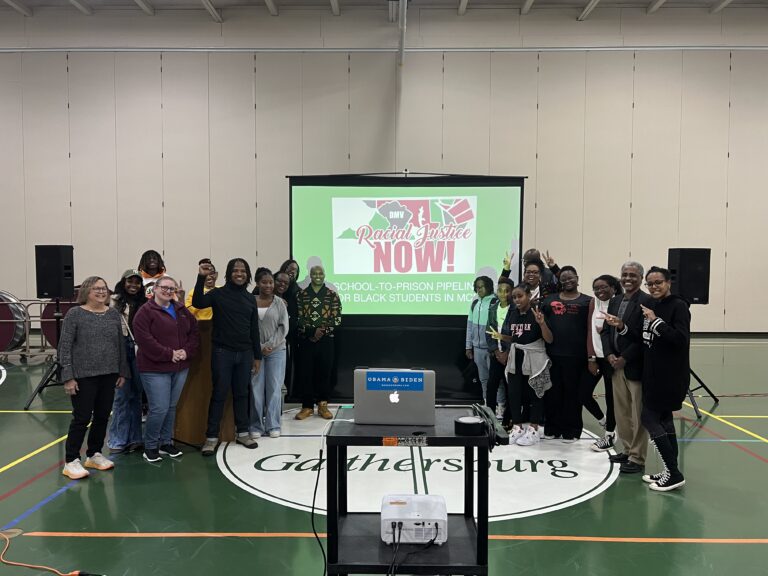Preschool expulsions and the disproportionate expulsion of Black boys have gained attention
in recent years, but little has been done to understand the underlying causes behind this
issue. This study examined the potential role of preschool educators’ implicit biases as a viable
partial explanation behind disparities in preschool expulsions.
Participants were recruited at a large conference of early educators and completed two tasks. In Task 1, participants were primed to expect challenging behaviors (although none were present) while watching a video of preschoolers, balanced by sex and race, engaging in typical activities, as the participants’
eye gazes were tracked.
In Task 2, participants read a standardized vignette of a preschooler
with challenging behavior and were randomized to receive the vignette with the child’s name
implying either a Black boy, Black girl, White boy, or White girl, as well as randomized to
receive the vignette with or without background information on the child’s family environment.
Findings revealed that when expecting challenging behaviors teachers gazed longer at Black
children, especially Black boys. Findings also suggested that implicit biases may differ depending
on teacher race. Providing family background information resulted in lowered severity ratings
when teacher and child race matched, but resulted in increased severity ratings when their race
did not match.
No differences were found based on recommendations regarding suspension or
expulsion, except that Black teachers in general recommended longer periods of disciplinary
exclusion regardless of child gender/race. Recommendations for future research and policy
regarding teacher training are offered.
Preschool expulsions and suspensions cause young children to lose their early educational placement or time in care, directly undermining their access to educational opportunities. This “push out” phenomenon has become increasingly concerning to the field especially given the disproportionate rates
of early childhood expulsions for boys, Blacks, and particularly Black boys. Black preschoolers are 3.6 times as likely to receive one or more suspensions relative to White preschoolers.
1
This is particularly concerning as Black children make up only 19% of preschool enrollment, but comprise 47% of preschoolers suspended one or more times. Similarly, boys are three times as
likely as girls to be suspended one or more times. Sex and race disparities in early expulsions and suspensions may be associated with several factors related to stress-tolerance
2 and poor access to high-quality early learning environments and supports.
3 Yet, no research exists to explain why boys and Black preschoolers are at greatest risk for expulsion, making it difficult to inform anti-exclusionary practices and complicating efforts to address disparities in expulsions and suspensions. Studies demonstrating similar disparities in K-12 students, however, have found that potential contributors may include uneven or biased implementation of disciplinary
policies, discriminatory discipline practices, school racial climate, underresourced programs, and inadequate education and training for teachers, especially in self-reflective strategies to identify and correct potential biases in perceptions and practice.






